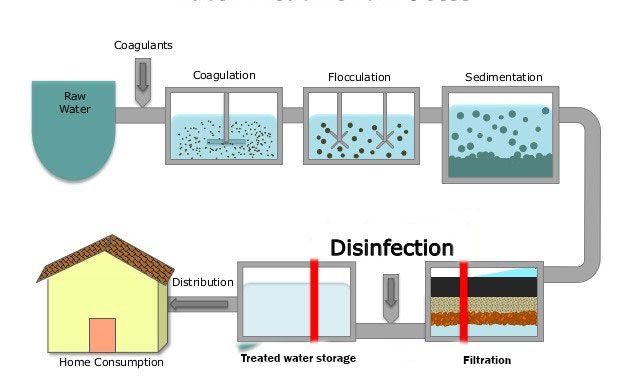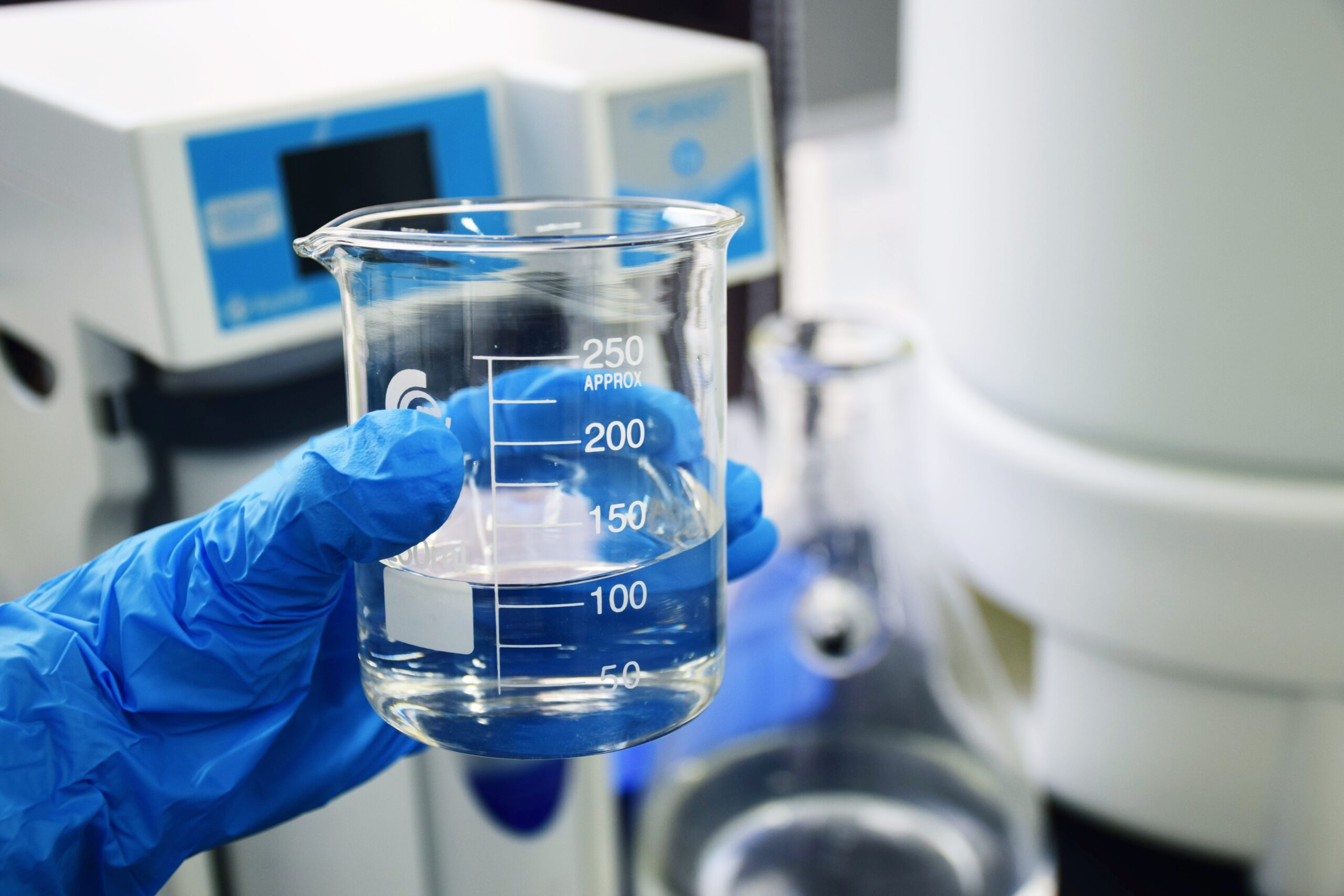Conserve Money and Protect Health And Wellness with a Water Purification System
Conserve Money and Protect Health And Wellness with a Water Purification System
Blog Article
Why a Water Purification System Is Important for Tidy, Safe Water
Accessibility to clean, safe water is a fundamental human right and a cornerstone of public wellness. A water purification system stands as a critical option to minimize these threats, making sure that people and areas can access safe drinking water.
Importance of Tidy Water
Access to clean water is a basic need for human wellness and health. Infected water can lead to severe health issues, including intestinal illnesses, cholera, and dysentery, especially in susceptible populations such as youngsters and the elderly.
Additionally, clean water is critical for sanitation and hygiene practices, which are vital in protecting against the spread of contagious conditions. Sufficient water supply sustains proper cleanliness centers, advertising a much healthier setting. Furthermore, accessibility to safe water affects socioeconomic aspects, as it makes it possible for neighborhoods to engage in agricultural and commercial activities, ultimately contributing to economic development.
In numerous areas, the absence of tidy water worsens hardship and inequality, more preventing development towards lasting development goals. Making certain accessibility to tidy water is not only a public health essential however additionally a cornerstone for social equity and financial growth. Efforts to enhance water high quality and infrastructure have significant advantages, fostering much healthier communities and enhancing lifestyle.

Usual Impurities in Water
Guaranteeing the availability of clean water is weakened by different impurities that can endanger its security and top quality. The presence of pathogens, such as viruses, bacteria, and parasites, presents considerable wellness threats, specifically in locations doing not have ample sanitation. These microorganisms can cause waterborne diseases, causing extreme disease and even fatality.
Chemical contaminants also offer a critical problem. Heavy steels, including lead, arsenic, and mercury, commonly get in water products via commercial discharges or rusty plumbing. These materials can gather in the body in time, leading to long-term health issues such as neurological damages and developing disorders.
Furthermore, farming drainage introduces chemicals and fertilizers right into water systems, which can interrupt ecosystems and negatively impact human health and wellness. Nitrates, generally found in fertilizers, can create major problems like methemoglobinemia, especially in babies.
Advantages of Water Purification Systems
Acknowledging the important need for secure alcohol consumption water, water filtration systems supply a myriad of advantages that enhance public wellness and ecological sustainability. Largely, these systems efficiently eliminate harmful contaminants, consisting of bacteria, viruses, hefty metals, and chemicals, making sure that the water taken in is devoid of contaminants and virus. This decrease in contaminants significantly reduces the risk of waterborne illness, advertising general community health.
In addition to health benefits, water filtration systems add to environmental sustainability by minimizing dependence on bottled water, which frequently generates extreme plastic waste. By making use of a filtration system, houses can decrease their carbon footprint and add to an extra lasting ecological community. These systems can enhance the preference and smell of water, making it more tasty for day-to-day usage.

Various Kinds Of Purification Techniques

One typical technique is reverse osmosis, which uses a semi-permeable membrane to different water from liquified contaminants and solids. This process efficiently minimizes pollutants, including heavy steels and chemicals. One more widely utilized technique is ultraviolet (UV) disinfection, which utilizes UV light to neutralize germs and viruses, providing them safe without the usage of chemicals.
Activated carbon filtering is one more prominent technique, making use of carbon to adsorb organic compounds, chlorine, and unpleasant odors, improving preference and odor high quality. Purification, a procedure that entails boiling water and condensing the steam, properly removes minerals and contaminants but might call for more power contrasted to other methods.
Ion exchange is usually made use of to soften water by replacing calcium and magnesium ions with salt look at here now or potassium ions. Each technique has its limitations and benefits, making it necessary to comprehend their performances and performance in resolving details water top quality concerns - Water Purification System. Inevitably, selecting the suitable filtration method is essential for making sure risk-free and clean drinking water
Selecting the Right System
Choosing a proper water purification system requires cautious factor to consider of various variables, including the details contaminants present in the supply of water, the quantity of water needed, and the preferred purification approach. Initially, it is vital to carry out a water top quality examination to identify contaminants such as germs, hefty metals, or chemical toxins. This information will direct you in picking a system that effectively targets those particular contaminations.
Following, assess your family's everyday water intake to determine the system's capacity. Systems are readily available in different sizes, from point-of-use filters for drinking water to whole-house units that detoxify all water entering your home.
Furthermore, take into consideration the purification technique that ideal fits your needs. For example, reverse osmosis is very reliable for getting rid of a wide variety of pollutants, while UV filtration is outstanding for getting rid of microbes.
Final Thought
In final thought, the implementation of water purification systems is vital for making sure accessibility to risk-free and tidy water. By recognizing the significance of clean water and the advantages of numerous purification approaches, areas can make enlightened choices to protect their health and advertise socioeconomic security.
Recognizing the essential requirement for secure alcohol consumption water, water purification systems supply a myriad of advantages that enhance public wellness and ecological sustainability.In addition to wellness benefits, water filtration systems contribute to ecological sustainability by lowering reliance on bottled water, which frequently creates too much plastic waste. Ultimately, the fostering of water purification systems is an aggressive step towards making certain clean, safe water for future generations while protecting public wellness and the setting.
Picking a proper water filtration click here for more system needs mindful factor to consider of various factors, consisting of the specific pollutants existing in the water supply, the quantity of water required, and the preferred purification approach.In conclusion, the implementation of water purification systems is critical for ensuring access to tidy and safe water.
Report this page